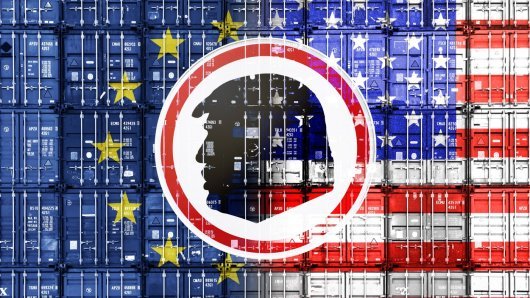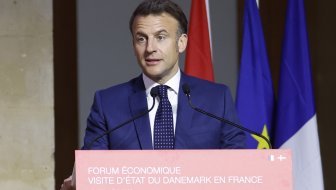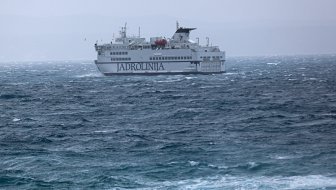Social Democratic Party (SDP) leader and Croatia's prospective Prime Minister Zoran Milanovic on Monday evening gave interviews to all three national broadcasting networks - HTV, Nova TV and RTL - announcing that the seventh parliament and the new government would probably be formed before Christmas and dedicating the victory of the SDP-led centre-left coalition in Sunday's parliamentary election to the SDP founder and Croatia's seventh prime minister, the late Ivica Racan.
Commenting on the fact that his bloc (the Kukuriku coalition) won 80 seats, which is a majority in the 151-seat parliament, Milanovic said that it was a clear situation that would make it possible for him to be given in the shortest time possible by the president of the state the mandate to form the government, so that the parliament could be inaugurated and the government step into office before Christmas.
Milanovic would not say who would sit on the new government, except for the leader of his coalition partner the Croatian People's Party, Radimir Cacic, who will be Deputy Prime Minister, saying that the public would be informed of the new government members' names at the parliament's inaugural session or possibly shortly before it.
Talks on that are still under way and they are based on a broad party consensus, Milanovic said, adding that the new government would be a government of well-known politicians with a professional reputation.
Milanovic said that he was not considering reducing the number of ministries, even though he was in favour of abolishing the post of state secretary which he said had been "invented in 2004 so that a fair number of political favourites could be given employment."
Milanovic believes that the 80 seats in parliament would be enough for the ruling majority to launch the necessary reforms. He repeated his message given after the election victory calling on parliamentary parties that want to work for the country's benefit to join in the alliance with his coalition. Asked if that alliance would include the Croatian Democratic Union (HDZ), he said that he did not consider it realistic.
He said that he expected to have constructive cooperation with the HDZ, primarily regarding accession to the EU as well as in the fight against corruption. "I and my associates will be tougher in it than they were," he said.
Milanovic said he was not hurt by HDZ president Jadranka Kosor's failure to congratulate him on the victory, but noted that he might have been wrong not to congratulate her predecessor Ivo Sanader on his election victory four years ago.
"Politics is not a job for sensitive people, it's not a job for unscrupulous people either, and one should not be dramatic about that," the SDP leader said.
He said he expected a civilised transfer of powers and, as for state finance, he said he expected hardship and an overstretched budget.
Within 50 days of its formation, the new government will adopt a new budget for 2012 which will not be aimed solely at salvaging Croatia's credit rating but also at reaffirming it, he said.
The budget will legitimise Croatia and its democratic authorities before international financial institutions with which the new government will cooperate, but that does not mean that it will seek the assistance of the IMF "because we are not fighting for citizens' trust and support to call the IMF."
Milanovic said he would believe the incumbent government's data on the state of finances, and that he was not thinking, primarily because of the lack of time, about hiring a prominent international audit agency to go through them.
He promised that his government would put voter lists in order and make public the national register of Homeland War veterans, which he said would not defame anyone, "let alone expose anyone to security risks."
He denied again speculations that the new authorities would replace people in public administration, saying that he would advocate compromise in tripartite talks between the government, the employers and the unions, including on issues related to labour legislation.
Asked if his government would decriminalise possession and consumption of light drugs, he said that his party's position on the matter was that possession and consumption of light drugs should no longer be in the sphere of the penal code but be penalised as less serious offences, to act as deterrents.



































